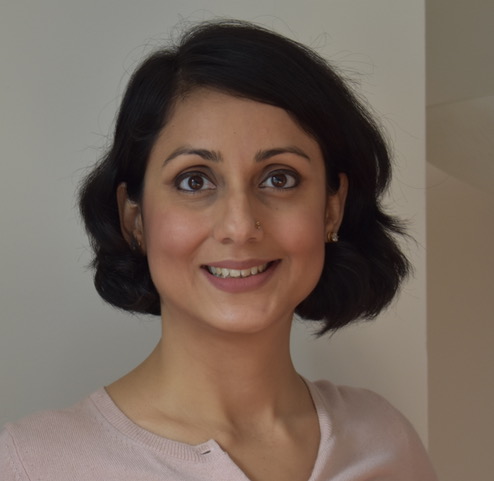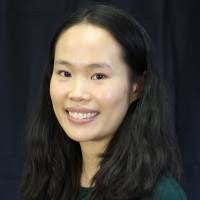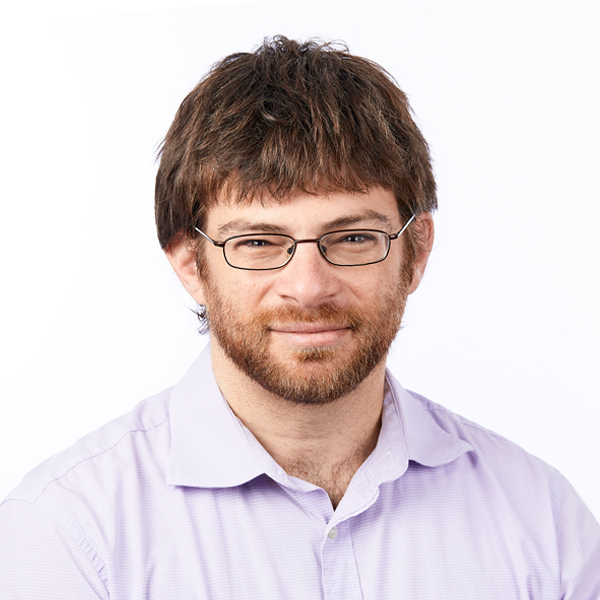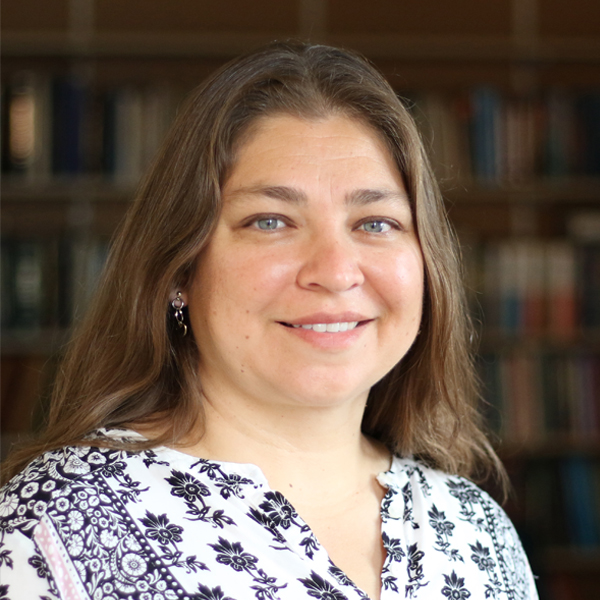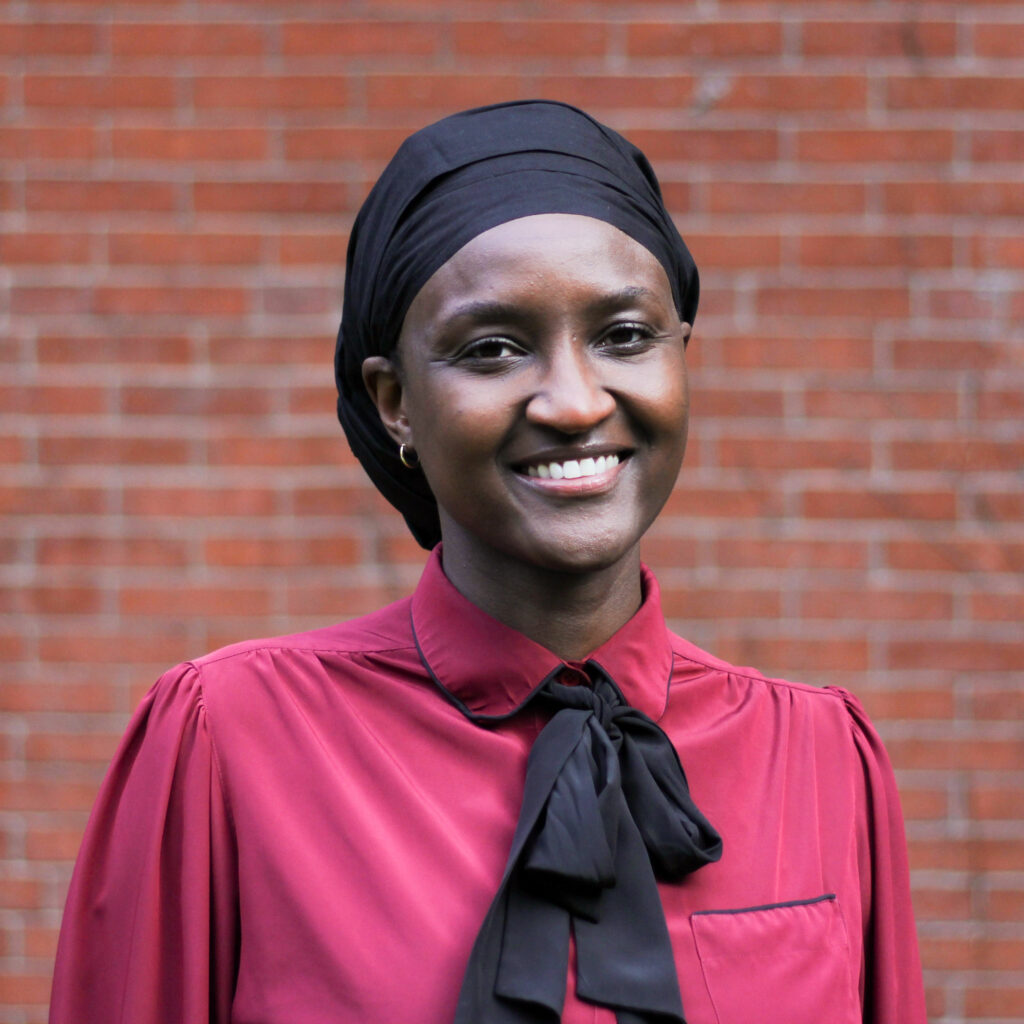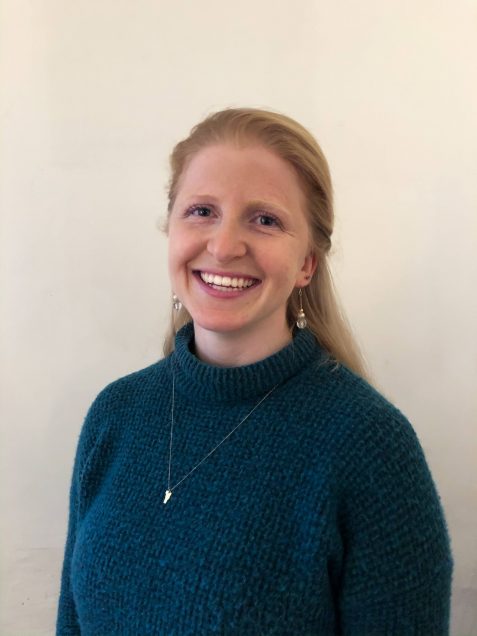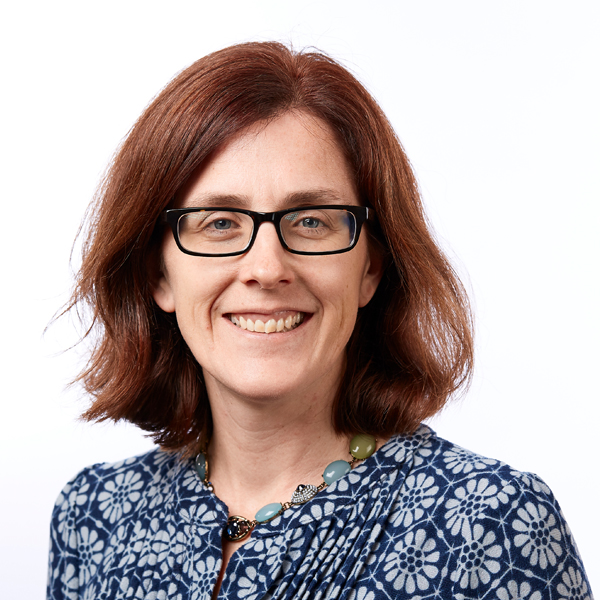Simulation Modeling for Population Health
Focused Research Program
Our Focus
The goal of the Simulation Modeling for Population Health FRP is to foster a multidisciplinary environment of faculty with interests in the application of simulation modeling to population health research and the development of methods used to design, build, validate, and ethically evaluate such models. This program addresses the key challenges faced in applying simulation modeling to population health through strategic partnerships, interdisciplinary collaborations, and the establishment of best practices in simulation modeling.
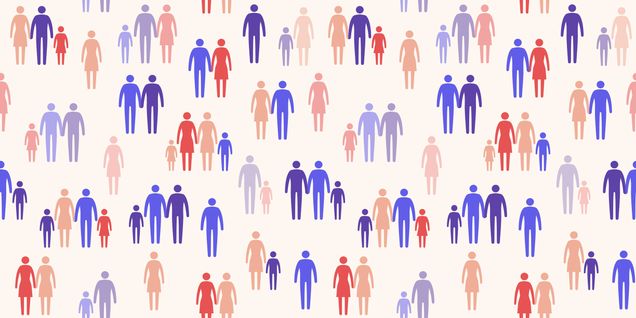
Focused Research Programs led by
- Brenda Heaton, Associate Professor in the Departments of Health Policy & Health Services Research (GSDM) and Epidemiology (SPH)
- Wesley J. Wildman, Professor of Philosophy, Theology, and Ethics in the School of Theology and Professor in the Faculty of Computing and Data Sciences
Research Thrusts
- Modeling complex human behaviors and behavioral processes
Human behavior is one major component responsible for shaping population distributions of health and disease. However, human behavior is complex and traditional statistical models that focus on single, independent factors oversimplify the role of behavior and/or how behaviors change over time in response to both internal and external stimuli. The use of simulation modeling affords the opportunity to model this complexity, and to better specify the effects of behavior and behavioral processes. While this opportunity exists, and has been utilized in many areas of health research, modeling complexity poses unique challenges, such as how to maintain cognitive control in the face of complex processes. The anticipated goal of this research thrust is to apply simulation modeling to better understand the role of complex human behaviors on the production of health and disease, and to develop and refine approaches to modeling complexity.
Thrust Leaders
Core Participants
- Modeling system dynamics, spatial contexts, and the impact of interventions on population health
Contextual factors that contribute to health disparities, such as food insecurity, healthcare access, neighborhood segregation, housing insecurity, social connectedness, etc. interact in ways that cannot be adequately captured or investigated with currently available data and the analytic methods typically applied, thereby warranting the use of simulation modeling. Systems modeling is critical to the development of policy, regulation, and/or intervention approaches aimed at reshaping behavioral patterns and downstream health effects. The goal of this research thrust is to apply simulation modeling methods that address the challenges posed by incorporating the multi-level dynamics and spatial contexts (e.g., model validation, calibration, etc.) necessary to replicate real-world settings in order to facilitate in silico experimentation and inform decision making at the population level.
Thrust Leaders
Core Participants
- Use of simulation modeling and systems science as tools for causal inference
The application and development of simulation modeling approaches has been increasingly indicated for causal inference, as well as for the quantification of uncertainty (e.g., bias) around estimation. The goal of this research thrust is to enhance and accelerate the use of simulation modeling approaches to estimate causal effects on a single outcome via theoretical method development and practical applications. This is particularly important for areas of health in which counterfactuals are not well-specified in observational data.
Thrust Leaders
Core Participants
Upcoming Events
Title: Incorporating Causal Inference into Simulation Models Workshop
Date: April 29th, 2022
Time: 2:00pm – 5:00pm ET
Location: Zoom.
Meeting ID: 962 3562 2061
Passcode: 019949
If you would like to workshop the reframing one of your research questions as a causal question during breakout groups, please respond to THIS Google form.
Title: Focused Research Program Symposium
Date: June 6th and June 7th, 2022
Time and detailed program: To be announced
Location: Boston University, Metcalf Hall, George Sherman Union (GSU), 775 Commonwealth Avenue, Boston, MA 02215
Past Events
Title: Workshop, Invitation to a Model
Date: August 30, 2021
Time: 1pm-4pm
Location: Zoom.
How to get involved?
For program specific inquiries and questions, please contact Brenda Heaton (brenda9@bu.edu) and/or Wesley Wildman (wwildman@bu.edu)
Faculty interested in submitting a Focused Research Programs proposal are strongly encouraged to discuss their ideas with Yannis Paschalidis, director of the Hariri Institute for Computing.
To learn more details about the Hariri Institute’s Focused Research Programs, visit here.
To learn more about the program’s reading group, click here.


